Cheryl Grimmer cold case set to become a Hollywood movie
The man who confessed to abducting and murdering a three-year-old girl in Wollongong 50 years ago walked free from court on a technicality. Now, a Hollywood film might achieve what police could not — solve the Cheryl Grimmer cold case.
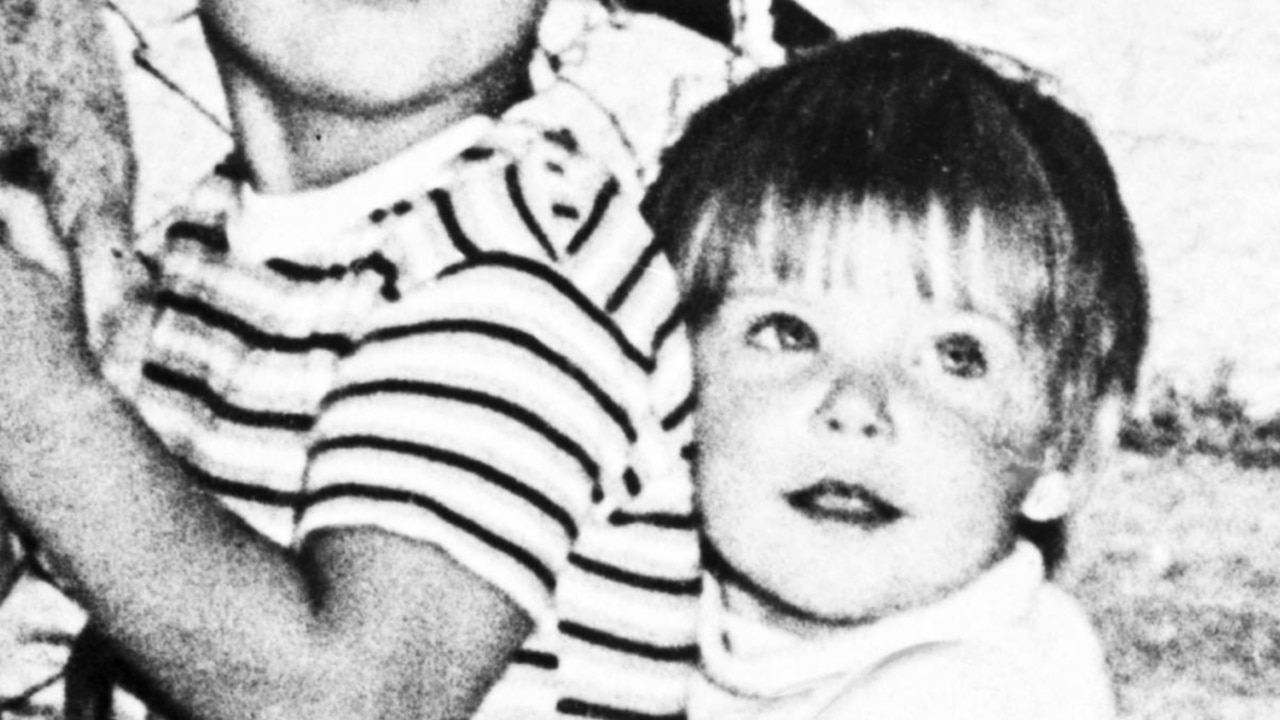
Cold Cases
Don't miss out on the headlines from Cold Cases. Followed categories will be added to My News.
Australia’s oldest cold case, the tragic tale of a little blonde girl vanishing from a crowded NSW beach, is set to become a Hollywood movie that will shock the world.
Los Angeles producer Don Carroll has been meeting with writers to determine the best way to tell the story of the murder of three-year-old Cheryl Grimmer 50 years ago.
A Melbourne man was charged with the murder in March 2017 but sensationally walked free after a NSW Supreme Court judge ruled his confession, made in the months after Cheryl disappeared, could not be used as evidence against him.
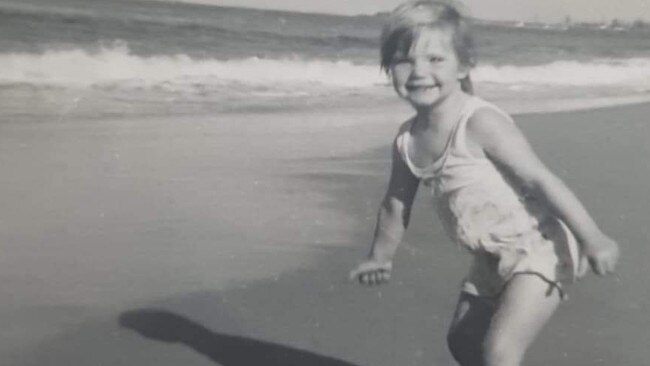
The Grimmer family want the man, who cannot be named for legal reasons and has since returned to Melbourne, to face a jury.
“When I was first told the story about Cheryl Grimmer, it was a ‘who done it story’, but now we know who they think did it, it’s become a cry for justice,” Carroll said.
“The story shifts and that makes it very interesting, it’s the twist that all good movies have. And it’s also a cautionary tale about the loss of a city’s innocence.”
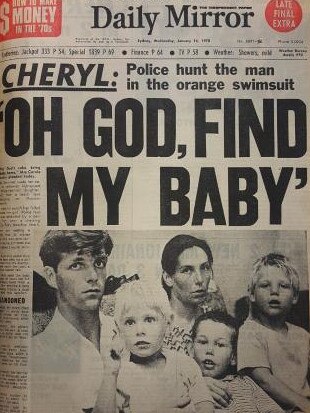
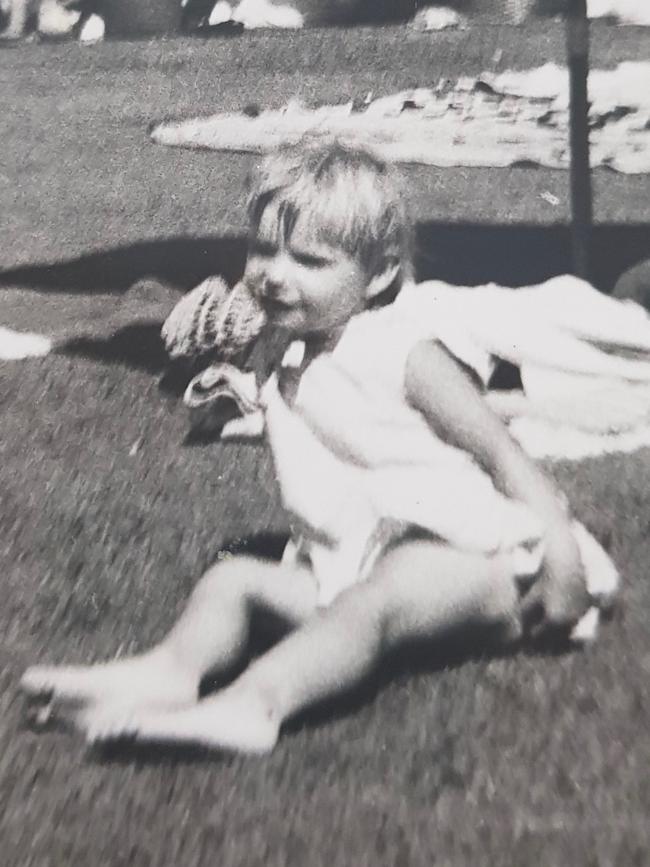
Carroll met Cheryl’s brother Ricki Nash in the 1980s.
Mr Nash was seven when his little sister disappeared from Fairy Meadow beach near Wollongong on January 12, 1970 and the last person to see her alive.
With his younger brothers Stephen and Paul, Ricki took Cheryl to the shower block to wash off after a swim. Cheryl had refused to come out of the changeroom and big brother Ricki raced off to get his mum.
When they returned less than two minutes later, Cheryl was gone.
“Leaving her was the biggest mistake of my life,” Mr Nash said.
“I’ve suffered nightmares all of my life, still do. The most devastating thing for me is that while I’ve lived with the trauma, I’ve always lived with the dream Cheryl would come knocking on my front door one day. I’ve blamed myself my whole life and that dream was keeping me a bit sane.”
Mr Nash had no idea that police searching for his sister back in January 1970 had the confession of a teenager. In a police interview the 17-year-old admitted abducting Cheryl and leaving her for dead in bushes nearby. Yet somehow he slipped through the cracks and left town.
Then, in 2016, Mr Nash received a phone call from a Wollongong detective informing him investigators had a suspect for his sister’s murder. And he lived just streets away from him in Melbourne. The suspect was extradited and charged, then spent almost two years in maximum security prison awaiting his trial.
The case was dropped when, in 2019, a NSW Supreme Court judge ruled the signed confession, which would undoubtedly have been admissible when made in the 1970s, was inadmissable due to reforms in the law.

The suspect walked free. Judge Robert Allan Hulme said that in the 1971 interview the suspect “told the detectives that he intended to have sexual intercourse” with Cheryl.
“He did not because she started to scream as soon as he took a gag off her; so he then strangled her, she stopped breathing and he thought she was dead. He said he then ‘panicked and covered her up with bushes and ran for it’.”
In handing down his ruling Judge Hulme said no parent, adult or legal practitioner was present. At the time, there was no mandatory requirement, legislative or otherwise, or even a guideline by way of police instruction, for an adult support person to be present during the interview.
However the judge, exercising discretionary powers, found that new laws dictated how trials were to proceed even though there were no such requirements at the time when the suspect was interviewed.
The twist was devastating for the family.
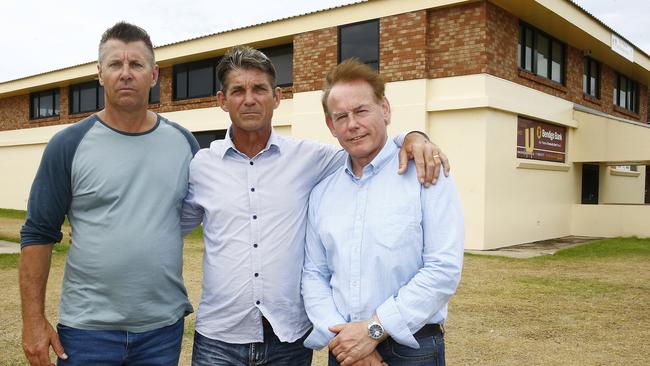
For Carroll and his plans for the movie, it adds another dimension to the story and convinced him it was one worth telling.
“True crime stories that work always have this twist moment and in the Grimmer case, with the suspect walking free, it lays it out right out there in front of you,” Carroll said.
“This is the story that anyone could relate to. An innocent family at the beach shattered in the worst possible way. It’s something we can all relate to. The effect this crime has had on Ricki and the rest of his family and what that does to a family mentally, the repercussions of an horrific crime like this are so wide-reaching.”
Another key player in the movie will be former detective senior constable Frank Sanvitale, who says the Grimmer case is the one that broke him.
He had just wrapped up a murder case when his boss threw him a thin folder and jokingly said: “Have a look at this, if you can’t solve it no one can.”
Mr Sanvitale, known for his dogged style of investigating, hunted down the rest of the brief of evidence — nine boxes at State Archives.
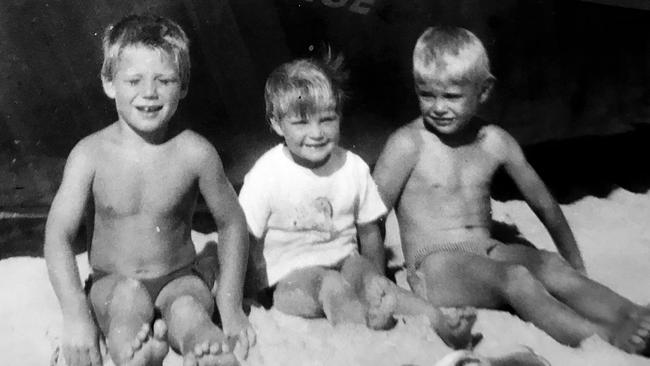
With his partner he started sorting through thousands of old typed sheets and, in one box, found the confession.
“I looked at it and said: ‘How did they miss this’?”
Mr Sanvitale believes vital pieces of evidence were never identified in the initial investigation and “no true attempt to find suspects were made”.
“I don’t sleep. Cheryl comes to me at night. This little blonde girl in her swimsuit holding out her hand to me. It’s the same recurring dream. I can’t let this go,” he said.
“I know my investigation was all by the book, all done properly, and yet the suspect has walked away again. For the second time. I am sure that the spirit of the law was never introduced to allow murderers to walk free.”
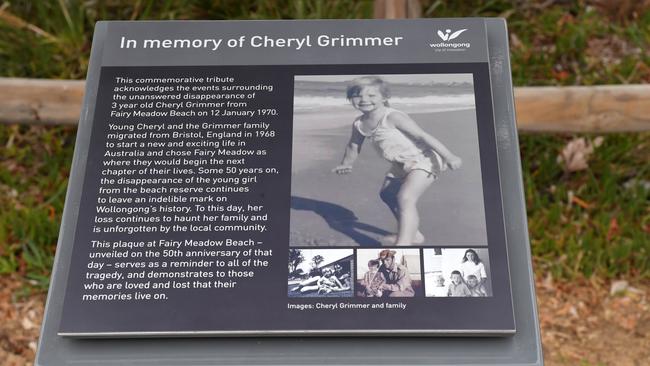
The seasoned homicide detective, who blames himself for giving the family false hope, is assisting international barrister and former prosecutor John Masters in exploring options for the case to be reopened.
Mr Masters told the Sunday Telegraph there may be an argument for reviewing psychiatric evidence in the case which was relied on to rule out the confession.
These psychiatrists never had the opportunity to speak or examine the suspect, they effectively formed opinions by reviewing documents.
He would also look at avenues to proceed civilly, as such an action would not be governed by the same constraints as a criminal trial. Mr Masters said that there is considerable unnecessary secrecy about the investigation.
“The family is frankly fed-up with bureaucrats extending their sympathies and would prefer that they offer real assistance. The identity of the person who confessed is not only known but also protected by a suppression order,” he said.
